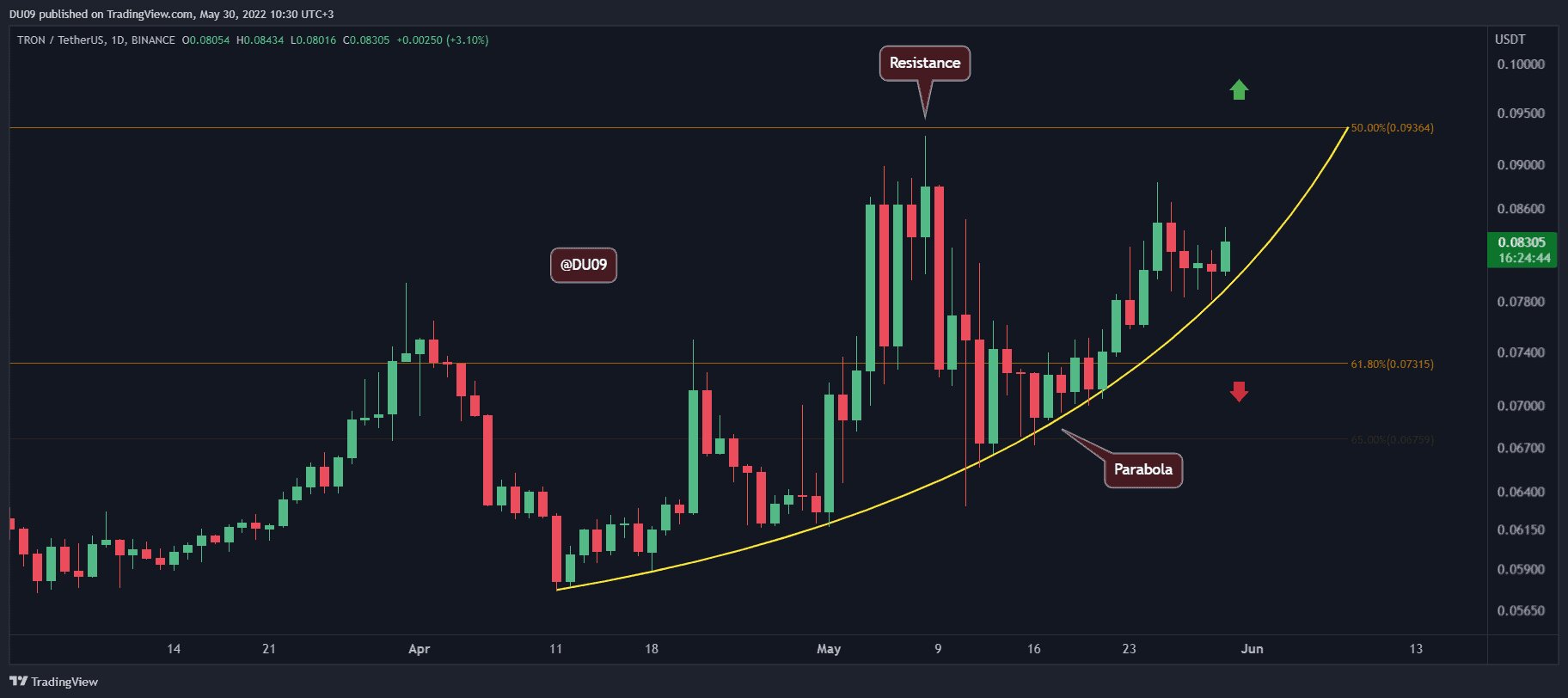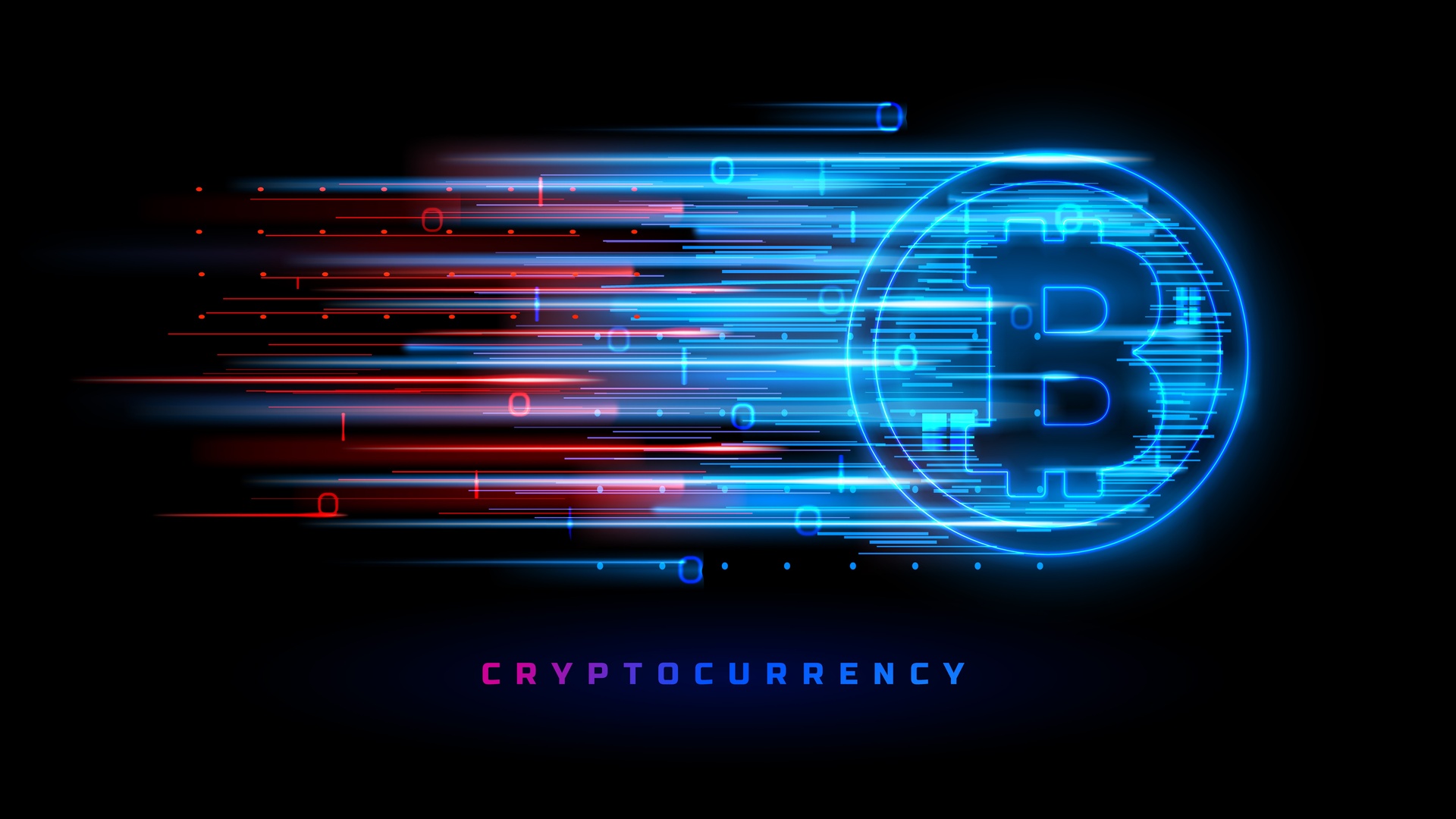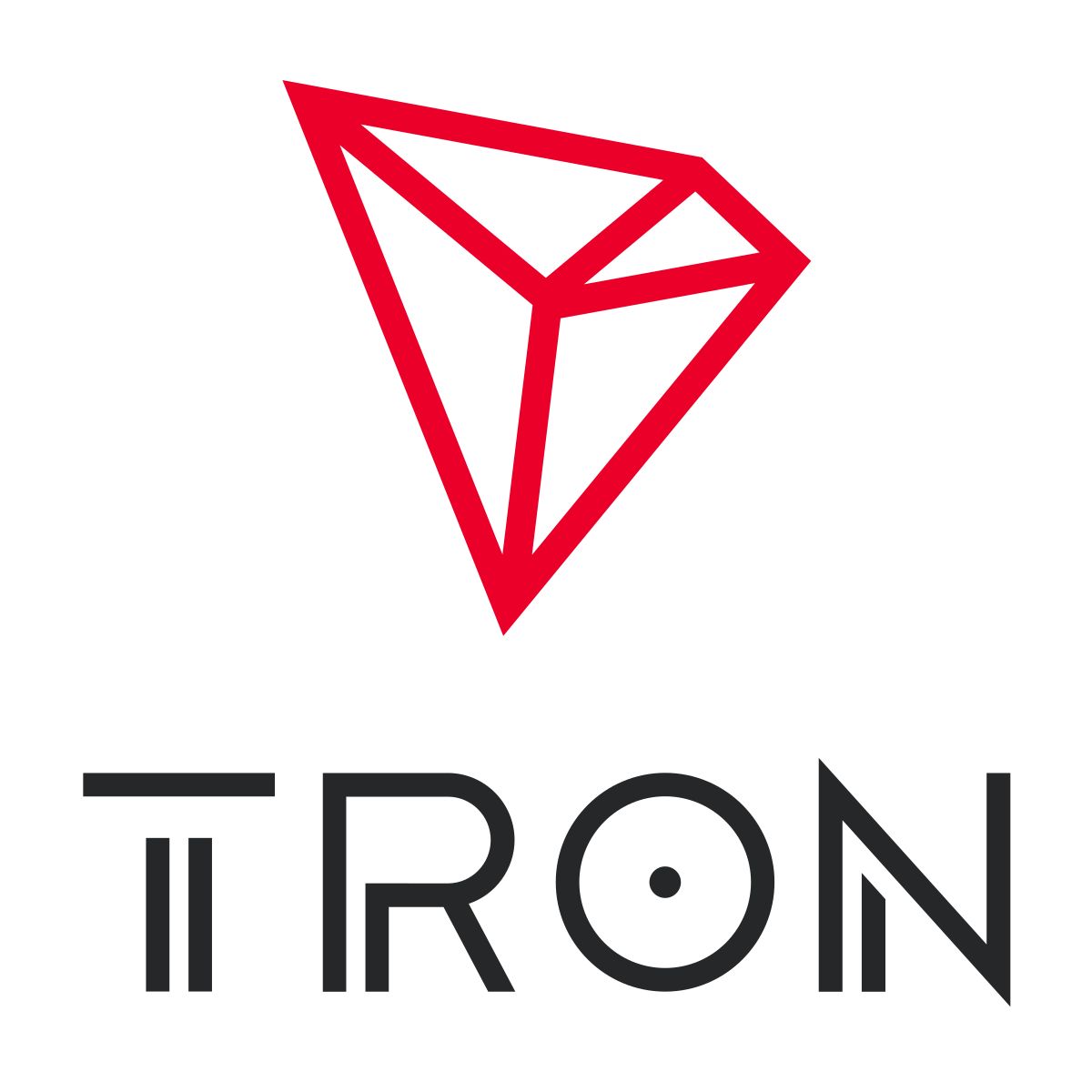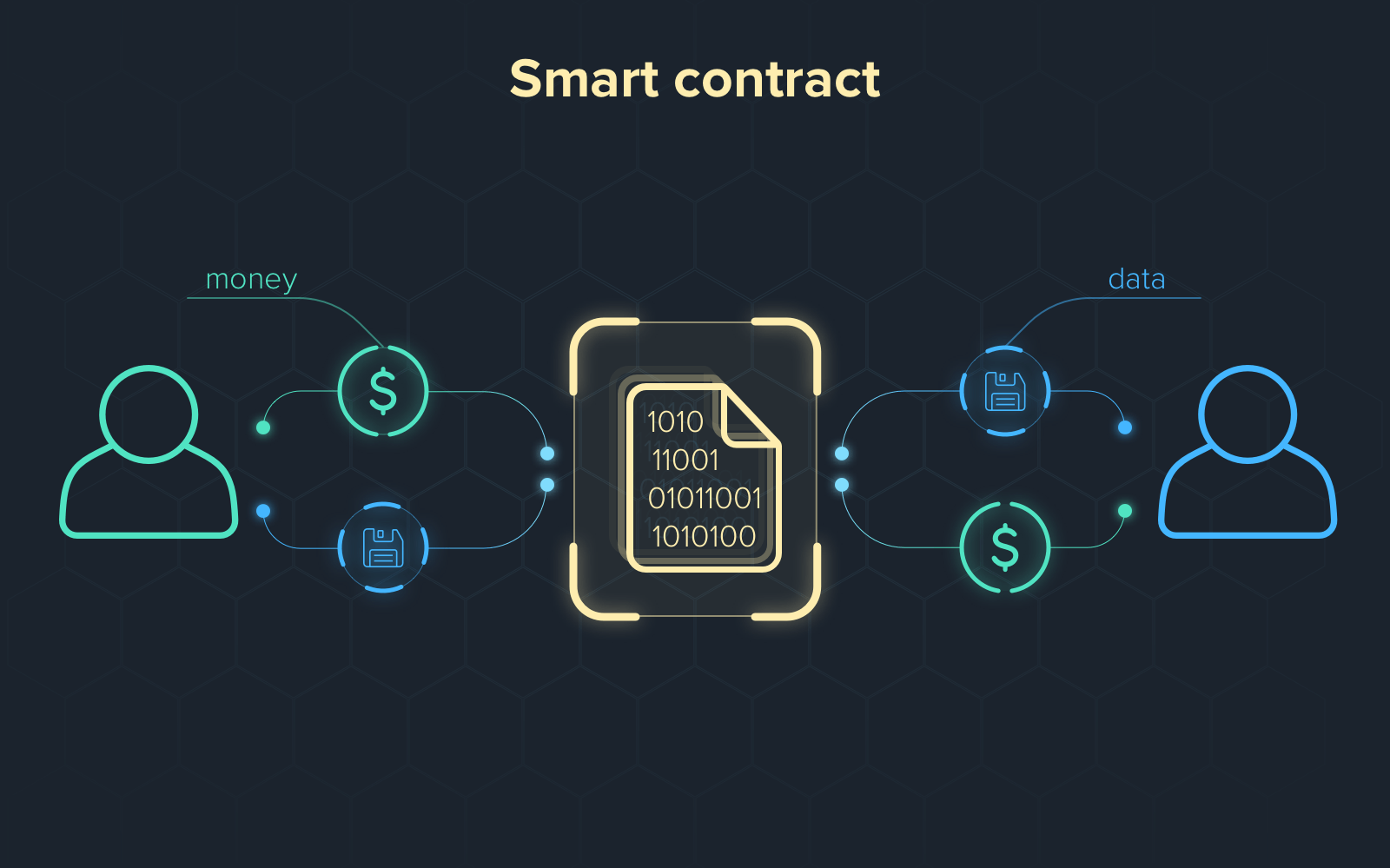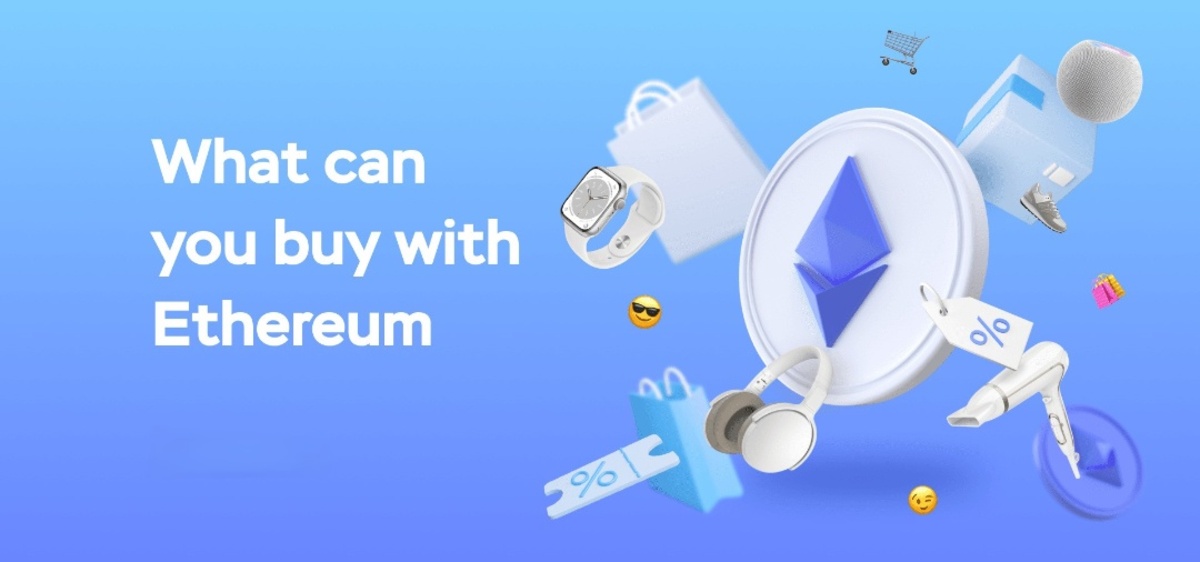Introduction
Smart contracts have revolutionized the world of blockchain technology, particularly in the realm of Initial Coin Offerings (ICOs). These self-executing contracts with predefined terms and conditions are key to automating transactions and ensuring transparency and security in ICOs. As the demand for ICOs continues to grow, the support for smart contracts becomes paramount.
In this article, we will delve into the significance of smart contracts in ICOs and explore the platforms that provide support for this revolutionary technology. Specifically, we will focus on two popular platforms in the blockchain space – Tron and EOS – and their contributions to the implementation of smart contracts in ICOs.
Before we dive into the details of Tron and EOS, let’s first gain a better understanding of smart contracts and their importance in ICOs.
A smart contract is essentially a computer program that automatically executes actions once predetermined conditions are met. It eliminates the need for intermediaries, such as lawyers or banks, as the terms of the contract are written directly into lines of code within the blockchain. This self-executing nature ensures that the contract is carried out exactly as intended, without any risk of fraud or tampering.
Smart contracts play a vital role in ICOs by providing a secure and transparent framework for token sales. When investing in an ICO, participants rely on smart contracts to define the terms of their investment, including the token distribution, refund policies, and other key details. This not only protects both the project team and investors but also instills trust in the ICO process.
Moreover, smart contracts enable the automation of various activities in the ICO ecosystem. For example, the issuance and distribution of tokens can be seamlessly executed through smart contracts, ensuring accuracy and preventing manual errors. Additionally, these contracts can facilitate the integration of escrow services, enabling investors to securely hold their funds until predetermined conditions are met.
Overall, smart contracts in ICOs bring efficiency, transparency, and trust to the fundraising process, attracting more participants and increasing the overall success rate of ICO projects. Now, let’s explore the platforms that support smart contracts in ICOs – Tron and EOS – and understand their distinct contributions.
Understanding Smart Contracts
To fully comprehend the significance of smart contracts in ICOs, it is essential to understand how they function and their underlying principles.
A smart contract is a self-executing digital contract that is embedded within the blockchain network. It operates based on pre-defined rules and conditions, allowing for automatic execution without the need for intermediaries. The terms and conditions of the contract are encoded into lines of code, ensuring transparency and immutability.
These contracts are built on a decentralized network, such as Ethereum, which enables the execution of the contract’s terms across multiple nodes. When all the pre-determined conditions are met, the contract is automatically triggered, and the specified actions are executed.
The key elements of a smart contract include:
- Terms and Conditions: Smart contracts contain specific terms and conditions that define the rules and requirements for the contract’s execution. These can range from simple conditions, such as the release of funds upon a certain date, to more complex conditions, such as multi-signature approvals by multiple parties.
- Immutable Code: The code of a smart contract cannot be altered once deployed on the blockchain. This ensures that the contract’s terms cannot be modified by any entity, establishing trust and transparency in the execution process.
- Automatic Execution: Smart contracts operate autonomously, executing the specified actions automatically when the predetermined conditions are met. This eliminates the need for manual intervention or reliance on intermediaries, thereby streamlining processes and reducing costs.
- Transparency: As smart contracts are deployed on a public blockchain, all transactions and actions are visible to all network participants. This transparency fosters trust among parties involved in the contract, as they can independently verify the execution process.
- Security: Smart contracts leverage the robust security features of blockchain technology, such as cryptographic encryption, to ensure the integrity and safety of contract terms and transactions. This significantly reduces the risk of fraud and unauthorized access.
By using smart contracts in ICOs, projects can establish a secure and efficient process for token sales. Investors can trust that the terms and conditions will be automatically executed as defined in the contract, instilling confidence in the project’s legitimacy.
In the next sections, we will explore the platforms that provide support for smart contracts in ICOs – Tron and EOS – and understand how they further enhance the capabilities and adoption of smart contracts in the blockchain ecosystem.
Importance of Smart Contracts in ICOs
Smart contracts play a crucial role in the success and integrity of Initial Coin Offerings (ICOs) by introducing a level of automation, transparency, and trust that traditional fundraising methods lack. Let’s dive deeper into the key reasons why smart contracts are essential in the ICO ecosystem.
1. Automation: Smart contracts automate various activities in the ICO process, removing the need for manual intervention and reducing the possibility of human error. Tasks such as token issuance, distribution, and even the facilitation of fund transfers can be seamlessly executed without the need for intermediaries. This streamlines the entire process, making it more efficient and cost-effective for both the project team and investors.
2. Transparency: The transparent nature of smart contracts brings unparalleled trust to the ICO process. Since smart contracts are deployed on a public blockchain, all transactions and actions taken are visible to all participants. This transparency fosters trust among investors, as they can independently verify the execution of the contract. It eliminates any doubts about the authenticity and fairness of the ICO, increasing investor confidence and participation.
3. Security: Smart contracts leverage the strong security features of blockchain technology, ensuring the integrity and safety of the contract terms and transactions. The immutability of blockchain ensures that smart contracts cannot be tampered with or altered by any entity once deployed. This eliminates the risk of fraud and unauthorized access, providing a secure environment for token sales.
4. Efficiency: Smart contracts significantly improve the efficiency of the ICO process. By automating various tasks, such as KYC/AML verification, token issuance, and fund distribution, smart contracts reduce the time and effort required from the project team. They also eliminate the need for time-consuming manual processes, such as paperwork and manual verifications. This efficiency attracts more participants to the ICO, as it ensures a smooth and hassle-free experience.
5. Investor Protection: Smart contracts provide robust protection measures for ICO investors. The terms of the investment, including token distribution, refund policies, and vesting schedules, are predefined within the smart contract’s code. This ensures that investors’ rights and interests are secured and that the project team cannot deviate from the agreed-upon terms. In case of non-compliance, smart contracts can trigger automatic refunds or penalties, protecting the investors’ capital.
6. Global Accessibility: Smart contracts enable global participation in ICOs, as they are accessible from anywhere with an internet connection. This breaks down geographical barriers, allowing projects to tap into a global pool of investors. Additionally, smart contracts can facilitate the acceptance of various cryptocurrencies as investments, broadening the scope of potential participants.
Overall, the importance of smart contracts in ICOs cannot be overstated. They bring automation, transparency, security, efficiency, investor protection, and global accessibility to the fundraising process. By leveraging the power of smart contracts, ICOs can attract more participants, foster trust, and create a foundation for the success of blockchain projects.
Who Supports Smart Contracts in ICOs?
In the world of blockchain technology, several platforms provide support for smart contracts in Initial Coin Offerings (ICOs). These platforms offer robust infrastructure and innovative features that enable the seamless execution of smart contracts. Two notable platforms that stand out in this regard are Tron and EOS.
1. Tron: Tron is a decentralized blockchain platform that aims to build a global digital content ecosystem. It supports the deployment and execution of smart contracts through its Tron Virtual Machine (TVM). The TVM is a lightweight and efficient virtual machine specifically designed to execute smart contracts on the Tron network.
Tron’s support for smart contracts in ICOs offers several advantages. Firstly, the Tron network boasts high scalability and fast transaction speeds, which are essential when handling a large number of transactions during ICOs. This ensures that the smart contracts can execute quickly and efficiently, providing an optimal user experience.
Furthermore, the Tron network has low transaction fees, making it cost-effective for participants in ICOs. This factor is particularly important for ICOs, as excessive transaction fees can discourage investor participation. By offering affordable transaction costs, Tron allows ICO projects to attract more investors and facilitate broader token distribution.
2. EOS: EOS is another prominent blockchain platform that supports smart contracts in ICOs. EOS differentiates itself with its performance scalability and governance model. It utilizes a delegated proof-of-stake consensus mechanism, enabling faster transaction confirmation times and high throughput.
EOS provides a comprehensive development environment, including the EOSIO software, which enables the creation and deployment of smart contracts. The EOSIO software offers features such as resource management, parallel processing, and feeless transactions, enhancing the efficiency and flexibility of smart contract execution.
One of the key advantages of using EOS for ICOs is its ability to handle a high volume of transactions simultaneously. This scalability allows ICO projects to handle the anticipated influx of investors without experiencing network congestion or high transaction fees. This scalability, combined with the user-friendly development tools provided by EOS, makes it an attractive platform for ICOs.
In summary, both Tron and EOS provide robust support for smart contracts in ICOs. Tron’s focus on scalability and cost-effectiveness, coupled with EOS’s performance scalability and developer-friendly ecosystem, make them ideal platforms for projects looking to leverage the power of smart contracts in their token sales.
Tron and Smart Contracts
Tron is a blockchain platform that has gained significant attention in the crypto space for its support of smart contracts. The Tron network offers a decentralized infrastructure specifically designed to execute smart contracts seamlessly. Let’s explore the features and advantages of Tron when it comes to smart contracts in more detail.
Tron Virtual Machine (TVM): Tron’s support for smart contracts lies in its Tron Virtual Machine (TVM), which is a lightweight and efficient virtual machine. The TVM allows developers to write and deploy smart contracts on the Tron network. It is compatible with Ethereum’s Solidity language, making it easier for Ethereum developers to transition to Tron.
Scalability and Transaction Speed: Tron’s network is known for its scalability and fast transaction speeds. This is of great importance in ICOs, as a high volume of transactions needs to be processed within a short timeframe. Tron’s ability to handle a large number of transactions per second ensures that ICO participants can execute their transactions swiftly and efficiently.
Low Transaction Fees: Another significant advantage of Tron for ICOs is its low transaction fees. High transaction fees can be a deterrent for investors, as it reduces the profitability of their investments. Tron’s cost-effectiveness allows projects to attract a larger pool of investors, as they can participate in ICOs without having to worry about excessively high fees.
Smart Contract Execution: Tron’s network ensures the reliable execution of smart contracts by ensuring that the code is immutable once deployed. This prevents tampering, thereby enhancing the security and trustworthiness of the ICO process. Additionally, Tron’s network allows for automatic contract enforcement, ensuring that transactions automatically trigger the actions specified in the smart contract, eliminating the need for manual intervention.
Community and Developer Support: Tron enjoys a vibrant and active community, which is highly supportive for ICO projects. Tron’s development community actively contributes to the development of smart contract tools, libraries, and documentation, making it easier for ICO projects to build and deploy their smart contracts. This thriving ecosystem facilitates innovation and collaboration, helping ICOs on the Tron network to flourish.
Tron’s support for smart contracts and its infrastructure’s scalability, low transaction fees, and strong community support make it an attractive choice for ICOs. By leveraging the power of Tron’s network, ICO projects can benefit from efficient and cost-effective smart contract execution, ensuring a seamless and secure token sale experience.
EOS and Smart Contracts
EOS is a blockchain platform known for its robust support of smart contracts. With its performance scalability and developer-friendly ecosystem, EOS offers a solid foundation for executing smart contracts in the context of Initial Coin Offerings (ICOs). Let’s explore the features and advantages of EOS when it comes to smart contracts in more detail.
EOSIO Software: EOS provides the EOSIO software, which is a powerful development environment for creating and deploying smart contracts. This software simplifies the process of writing smart contracts by offering user-friendly tools and libraries. It also allows developers to benefit from the flexibility and customization options provided by EOS for their ICO projects.
Scalability and Throughput: One of EOS’s key advantages is its ability to handle a high volume of transactions simultaneously. Through its delegated proof-of-stake (DPoS) consensus mechanism, EOS achieves consensus quickly and efficiently. This scalability ensures that ICO projects on EOS can handle a large influx of investors without experiencing network congestion or compromising transaction speeds.
Performance Optimization: EOS incorporates features that enhance smart contract performance. For example, EOS allows parallel processing of smart contracts, enabling multiple actions to be executed concurrently. This significantly improves the efficiency and speed of smart contract execution, making EOS a suitable choice for ICOs with high transaction demands.
Resource Management: EOS introduces resource management features, such as CPU and bandwidth allocation, to effectively handle the demands of smart contracts in ICOs. These features ensure that the network resources are distributed efficiently among participants, preventing any potential bottlenecks and maintaining consistent performance.
Feeless Transactions: EOS distinguishes itself by offering feeless transactions for its users. While traditional blockchain networks require transaction fees, EOS allows users to perform transactions without incurring any costs. This can be highly attractive to investors participating in ICOs, as it eliminates the concern of additional expenses, making the process more accessible and cost-effective.
Decentralized Governance: EOS employs a unique governance model that involves token holders in decision-making processes. This governance structure ensures that the platform evolves in a decentralized manner and provides a stable environment for smart contract execution. This transparency and inclusiveness contribute to the integrity and trustworthiness of the ICO process on EOS.
With its performance scalability, development tools, resource management features, feeless transactions, and decentralized governance, EOS offers a compelling platform for executing smart contracts in ICOs. The developer-friendly ecosystem and high throughput capabilities make EOS an attractive choice for projects looking to leverage the power of smart contracts in their token sales.
Conclusion
Smart contracts have become an integral part of the Initial Coin Offering (ICO) ecosystem, bringing automation, transparency, and trust to the fundraising process. Platforms like Tron and EOS have emerged as prominent supporters of smart contracts in ICOs, contributing to the growth and advancement of the blockchain industry.
Tron stands out for its Tron Virtual Machine (TVM), scalability, low transaction fees, and vibrant community. The TVM facilitates the deployment and execution of smart contracts on the Tron network, ensuring efficient and secure token sales. Tron’s scalability and low transaction fees make it cost-effective and accessible to ICO participants, while its active community provides support and collaboration opportunities for projects.
EOS, on the other hand, offers a robust ecosystem with performance scalability and a developer-friendly environment. The EOSIO software simplifies smart contract development, while the platform’s throughput and resource management capabilities allow for high-volume transaction processing. Combined with feeless transactions and decentralized governance, EOS empowers ICO projects with efficient and cost-effective smart contract execution.
Overall, smart contracts have revolutionized the ICO landscape, enabling secure, automated, and transparent token sales. Platforms like Tron and EOS play a significant role in supporting and advancing smart contracts, providing infrastructure and features that enhance their execution. As the demand for ICOs continues to grow, the support for smart contracts will remain critical in facilitating successful token sales and fostering trust between projects and investors.
Whether utilizing Tron’s scalable network and cost-effectiveness or harnessing EOS’s performance scalability and developer-friendly ecosystem, ICO projects can leverage the power of smart contracts to attract a global investor base and streamline their fundraising processes. As these platforms continue to evolve and innovate, smart contracts will remain a cornerstone of the ICO ecosystem, shaping the future of blockchain technology.









